Huxoth
"Do you actually kidnap outsiders and drink their blood?"The Huxoth, sometimes known as the Desert People, are a group of people who live primarily inside the Great Northern Desert. They are the only people known to live there.
"No. And we don't make our needles from their bones, and we don't use their souls to power our planes."
"Could you actually steal my magic out from underneath me? Even if it's bound?"
"Yes... and no."
History
While no one is entirely clear of the origins of the Huxoth, their oldest cities date back to the early 600s. Many historians believe they were an offshoot culture during the time that Nefrale or possibly Alaj, who sought refuge in the desert during the early wars of the major continent. Others believe they were refugees escaping Linakra under the belief that no one would follow them into the desert. The former is more likely, as most of their oldest and largest cities are built along the Rippling River. The Huxoth themselves believe they were descended from hawks. After winning a war against the wolves that are sometimes known to enter the desert, the gods gave them dominion over the area.
In the centuries since, the Huxoth have struggled, at times, to maintain sovereignty over there lands as new nations grew around them. Most significant in these battles, is the Huxoth's relationship with the nation of Huef, who, after the 1274 treaty with Saas, claimed borders that encompassed most of the desert. This became even more problematic when in 1695 when Huef's southern border shrank, leaving the country with little else but desert. Off and on, kings would try to move the Huxoth people from their cities and build new ones in their place. The Huxoth did not approach these attacks violently, but rather retreated further into the desert, knowing the people of Huef lacked the knowledge necessary to survive in the desert. When the interlopers inevitably left, the Huxoth returned.
In 1871, Queen Merdi of Huef took a different tack by inviting Huxoth leaders to a diplomatic meeting at her home, which was returned with an invitation to visit them in their desert cities. Merdi granted the Huxoth sovreignty, claiming they had clearly earned the right to live in the desert, a right which others had not. She also granted all Huxoth living, at that time, within Huef's borders (and any future generations born there) to be citizens of Huef, effectively giving the Huxoth duel citizenship. Since then, the Huxoth have maintained much better relationships with the Huef government, and their cities are naturally becoming more mixed. Though cities near the edge of the desert have taken on more and more elements of the modern world, villages deeper inside, especially smaller villages, continue to live in a traditional style due to their isolation. There is some debate over how much the Huxoth should adopt from the outside world, as their traditions have maintained not only themselves as a people, but also the desert wildlife around them.
People of Air
The Huxoth believe themselves to be descended from hawks, and therefore air and wind are highly important in their lives. They teach all children, regardless of natural gifts, how to use wind Magic, usually for the purpose of moving heavy objects. A highly communal people, the Huxoth have also developed a means of connecting mind to mind and pooling magical gifts to strengthen one another in what is usually referred to as the village Joyal, or chord. Everyone in a single village or town, no matter how large, will be connected into the single Joyal, and be able to communicate with anyone else. Furthermore, conversations will sometimes move between spoken speech and Joyal communication. The Joyal is public, however, meaning anyone tuning in may be able to hear. Though some have argued that this is also a form of wind magic, allowing people to communicate on breezes over long distances, others believe it to be something different. The fact that no one outside of the Huxoth tribes has been able to replicate the Joyal has earned them the reputation in some circles of doing dark magic. These stories usually say the Huxoth do this by stealing something from outsiders, though they differ in what. The most common stories say they steal others' tongues, magic, or even their souls.
Communal Society
The Huxoth are highly communal people, and children are raised to consider what is best for their community. Furthermore, they believe that are all people are valuable and have a role in the community, and much their communal magic was developed to help people who struggled with activities physically. For example, the use of wind magic to lift and carry objects was developed during the time that many Huxoth were susceptible to The Innocent Death, and did not have the physical strength to lift and carry. Furthermore, children who are language delayed are often invited to join their village's Joyal quite young, in the hope that it will better facilitate communication. Huxoth communities try to ensure that everyone has a sense of belonging and purpose. If a child is orphaned or someone else is in need of care, such as an older member of the community who suffers from dementia, neighbors all pitch in to care for that person. In cases where someone has an apparent disability, whether physical or mental, the people around them still believe they have gifts to offer and work together to discover what those are.
While no one is entirely clear of the origins of the Huxoth, their oldest cities date back to the early 600s. Many historians believe they were an offshoot culture during the time that Nefrale or possibly Alaj, who sought refuge in the desert during the early wars of the major continent. Others believe they were refugees escaping Linakra under the belief that no one would follow them into the desert. The former is more likely, as most of their oldest and largest cities are built along the Rippling River. The Huxoth themselves believe they were descended from hawks. After winning a war against the wolves that are sometimes known to enter the desert, the gods gave them dominion over the area.
In the centuries since, the Huxoth have struggled, at times, to maintain sovereignty over there lands as new nations grew around them. Most significant in these battles, is the Huxoth's relationship with the nation of Huef, who, after the 1274 treaty with Saas, claimed borders that encompassed most of the desert. This became even more problematic when in 1695 when Huef's southern border shrank, leaving the country with little else but desert. Off and on, kings would try to move the Huxoth people from their cities and build new ones in their place. The Huxoth did not approach these attacks violently, but rather retreated further into the desert, knowing the people of Huef lacked the knowledge necessary to survive in the desert. When the interlopers inevitably left, the Huxoth returned.
People of Air The Huxoth believe themselves to be descended from hawks, and therefore air and wind are highly important in their lives. They teach all children, regardless of natural gifts, how to use wind Magic, usually for the purpose of moving heavy objects. A highly communal people, the Huxoth have also developed a means of connecting mind to mind and pooling magical gifts to strengthen one another in what is usually referred to as the village Joyal, or chord. Everyone in a single village or town, no matter how large, will be connected into the single Joyal, and be able to communicate with anyone else. Furthermore, conversations will sometimes move between spoken speech and Joyal communication. The Joyal is public, however, meaning anyone tuning in may be able to hear. Though some have argued that this is also a form of wind magic, allowing people to communicate on breezes over long distances, others believe it to be something different. The fact that no one outside of the Huxoth tribes has been able to replicate the Joyal has earned them the reputation in some circles of doing dark magic. These stories usually say the Huxoth do this by stealing something from outsiders, though they differ in what. The most common stories say they steal others' tongues, magic, or even their souls.
Communal Society The Huxoth are highly communal people, and children are raised to consider what is best for their community. Furthermore, they believe that are all people are valuable and have a role in the community, and much their communal magic was developed to help people who struggled with activities physically. For example, the use of wind magic to lift and carry objects was developed during the time that many Huxoth were susceptible to The Innocent Death, and did not have the physical strength to lift and carry. Furthermore, children who are language delayed are often invited to join their village's Joyal quite young, in the hope that it will better facilitate communication. Huxoth communities try to ensure that everyone has a sense of belonging and purpose. If a child is orphaned or someone else is in need of care, such as an older member of the community who suffers from dementia, neighbors all pitch in to care for that person. In cases where someone has an apparent disability, whether physical or mental, the people around them still believe they have gifts to offer and work together to discover what those are.
Clothing
Huxoth typically make their own fabric, usually from animal fibers. Clothing is typically made in a wrap style (including shirts, skirts, and pants) and heavily embroidered. The Huxoth are known for both their fabric and their embroidery, which are popular trade items with outsiders. Once a Huxoth has come of Age, they also receive a traveling cloak. This cloak is typically made as large as possible when the person is young, giving them the opportunity to grow into it. Unlike other clothing, which is embroidered in its make, these cloaks begin blank and are later embroidered by the wearer to mark important events in their lives. Cloaks are typically heavier weight than other clothing, to provide warmth in cold weather, and most clothing is dark colored, to stand out against the desert sands.
Music
Chanting and singing are common among the Huxoth both spoken, and within a joyal. Music is believed to be a tool of kinship which brings the community together. Their primary instruments are drums and flutes. Flutes are typically made of clay, in a variety of shapes, including those of animals, and some are designed to play chords rather than individual notes. Drums are typically made from clay and animal hide, and come in a variety of sizes. They are typically played with an open hand. In addition, they make rattles out of clay and seeds, which are often used in songs that accompany dancing.
Food
As with everything, the Huxoth people depend on the desert for food. They raise animals, such as sheep (for both food and wool) and goats (for food and milk) as well as hunt for other animals, such as gazelle. They also raise hardy crops, especially several types of cactus, which can be eaten raw, cooked, or juiced. Lizards may be eaten cooked or raw, and their eggs are considered a delicacy. Communities on larger bodies of water, namely the Rippling River, also eat fish. These foods are typically served with a flat bread baked in a clay oven.
The taba plant is another staple of Huxoth diet, which is most commonly made into a strong flavored tea. The tea is drunk more in the summer, when it can be made without boiling. During the hot season, the Huxoth will leave the taba leaves in a clay bowl, allowing it to heat in the sun for hours. It is later transferred to a pitcher to drink. Strips of meat and other plants will also be left in the sun to cure and to dry. These can then be saved for leaner periods or taken by travelers on long journeys. During the winter months, the most common methods of cooking are smoking and roasting over an open flame.
Rites and Rituals
Birth Rites
When a Huxoth baby is born, the village holds a great feast. When the mother is nearing the end of her pregnancy, a party of hunters leaves. Most often, the hunters are men, and women stay behind to assist with the birth. When the hunters return, they prepare the food, so that when the baby was born, the mother and any other women who assisted with the pregnancy and birthing can rest. For the first week after the baby is born, these women are not expected to take part in any of the usual village chores. The mother usually spends this time at home, though she is not required to.
The parents usually do not receive social calls during this week. Those who visit the family's home usually come to help prepare food (after helping with initial feast preparations, the father is also exempt from typical duties), care for older children, and tend to the health of the mother and baby. At the end of the week, the baby is officially presented to the community. The parents bring the baby to a public place. They bathe the baby, give the baby their name, and select a patron god whom they ask to guard their child until they come of age, at which point they may choose to dedicate themselves to another god. If the parents have dedicated themselves to gods, they usually ask the blessing of one of these gods--most often the gods of the father for odd numbered children and the gods of the mother for even numbered children.
Joining the Joyal
There is not a specific time frame given for when a child first joins the Joyal, though it always happens before the child's twelfth birthday. Children who exhibit natural magical gifts often join when they first show signs of these abilities, as such magic is believed to strengthen the Joyal. Other children might join at a younger age because they struggle with spoken speech, and thus the Joyal may reduce their strain in trying to communicate. Furthermore, all Huxoth join a second Joyal at age twelve as part of their coming of age right, and may join others as teenagers and adults. Regardless of age, the ceremony is always the same. Several members of the community gather to join the Joyal together. Before joining, the group leader cuts the tail of a lizard, which the newcomer eats. The lizard is then cared for by the newcomer until it regrows its tail and is released.
Coming of Age
A Huxoth child comes of age at twelve. Their community gathers in a public farewell, where someone (usually a parent or community leader) presents them with a birdhead (the conical front piece of a Shagibbing plane, 2-3 feet in diameter, and made of feathers) and a traveling cloak. The child fastens this onto the front of a shagibbing plane and sets off into the desert alone, to travel as the wind wills, until they reach another village. When a new adult arrives in a new village, the village celebrates their journey. A week of feasting and celebration follows. During this time, the new adult also joins the Joyal of the second village. At the end of the week, they leave to return to their home. Upon arrival, they are again celebrated, with a much smaller, more personal ceremony, in which the new adult is declared to have the full rights and responsibilities in the village and may choose to dedicate themselves to a given god. After returning, they will also begin to embroider symbols of their life on their cloak.
Traditionally, this coming of age ritual allowed peers from different villages to meet and helped maintain a strong gene pool. Though a Huxoth may live in their village for years after their coming of age, they are expected to spend much of this time traveling, and if they are women, that they will eventually marry and leave for another village.
Marriage and Divorce
 by Anne Warren Huxoth marriages are typically for love, though young people are encouraged to marry outside of their home villages. The wedding ceremony is held in the home village of the party who will be moving (usually the bride), as the new home village will have plenty of time to celebrate them after the move. The parents of the groom typically design the bride's dress, which is made of the most lightweight fabric available and masterfully embroidered. They also usually present her with jewelry, which she will wear on her wedding day and keep, should they ever be divorced.
The ceremony itself is held in a public place and open to anyone in the community who wishes to attend. Usually the only attendees from the other village are close family. People share stories of the leaving party as a means of farewell. Then the bride and groom exchange vows to join their gifts in unison and harmony as well as to together strengthen their community, after which the new couple leaves to their new home.
Divorce is uncommon in Huxoth society, and does not require an official ceremony, though it does require a witness. The parties agree which property belongs to whom and make this official in front of the witness, to prevent future argument. Usually, the home is kept by the person who has always called the village home (usually the husband), along with any furniture. Smaller assets can be divided equally, and children typically accompany parents based on birth order, with odd numbered children staying with their father and even numbered children with their mother. The person leaving the home may choose to stay in the same village or return to their former home village. If they choose to return, they are often greeted with a celebration. Sometimes, particularly in the case of domestic abuse, community leaders will get involved and declare that one party retains all assets.
Traditionally, marriage was considered to be a man and a woman, but in the last few centuries, same-sex marriage has become widely accepted, with only the most conservative of Huxoth still standing against it.
by Anne Warren Huxoth marriages are typically for love, though young people are encouraged to marry outside of their home villages. The wedding ceremony is held in the home village of the party who will be moving (usually the bride), as the new home village will have plenty of time to celebrate them after the move. The parents of the groom typically design the bride's dress, which is made of the most lightweight fabric available and masterfully embroidered. They also usually present her with jewelry, which she will wear on her wedding day and keep, should they ever be divorced.
The ceremony itself is held in a public place and open to anyone in the community who wishes to attend. Usually the only attendees from the other village are close family. People share stories of the leaving party as a means of farewell. Then the bride and groom exchange vows to join their gifts in unison and harmony as well as to together strengthen their community, after which the new couple leaves to their new home.
Divorce is uncommon in Huxoth society, and does not require an official ceremony, though it does require a witness. The parties agree which property belongs to whom and make this official in front of the witness, to prevent future argument. Usually, the home is kept by the person who has always called the village home (usually the husband), along with any furniture. Smaller assets can be divided equally, and children typically accompany parents based on birth order, with odd numbered children staying with their father and even numbered children with their mother. The person leaving the home may choose to stay in the same village or return to their former home village. If they choose to return, they are often greeted with a celebration. Sometimes, particularly in the case of domestic abuse, community leaders will get involved and declare that one party retains all assets.
Traditionally, marriage was considered to be a man and a woman, but in the last few centuries, same-sex marriage has become widely accepted, with only the most conservative of Huxoth still standing against it.
Death Rites
Thank you for sharing your gifts with us. May you fly into the next life, and may we meet again on the wind.
When a Huxoth dies, the family and other members of the community carry the body into the desert to be burned. They gather in a circle around the body, usually wrapped in a shroud, and share their memories of the way this person's gifts contributed to the community. As a close family member lights the body on fire, a religious leader thanks the deceased for their gifts and offers a prayer to the gods that they might be reborn as a hawk. Unlike most other traditions, this ceremony happens entirely within the Joyal.
Gender Roles
The Huxoth do not have strict gender roles, though in some ways, men and women are typically considered to have different jobs. For example, men are more likely to go on traveling expeditions, either for hunting or for gathering wood to make shagibbings. Women are more likely to raise plants and animals locally and to practice medicine. Both men and women learn basic wind magic, cooking, and embroidery. When marrying, the bride typically moves to the village where the groom lived. Inheritance, however does not happen from father to son, but instead with the first child inheriting property from the father and the second child inheriting property from the mother. Most Huxoth do not approve of transgender or non-binary members, however.
Music Chanting and singing are common among the Huxoth both spoken, and within a joyal. Music is believed to be a tool of kinship which brings the community together. Their primary instruments are drums and flutes. Flutes are typically made of clay, in a variety of shapes, including those of animals, and some are designed to play chords rather than individual notes. Drums are typically made from clay and animal hide, and come in a variety of sizes. They are typically played with an open hand. In addition, they make rattles out of clay and seeds, which are often used in songs that accompany dancing.
Food As with everything, the Huxoth people depend on the desert for food. They raise animals, such as sheep (for both food and wool) and goats (for food and milk) as well as hunt for other animals, such as gazelle. They also raise hardy crops, especially several types of cactus, which can be eaten raw, cooked, or juiced. Lizards may be eaten cooked or raw, and their eggs are considered a delicacy. Communities on larger bodies of water, namely the Rippling River, also eat fish. These foods are typically served with a flat bread baked in a clay oven. The taba plant is another staple of Huxoth diet, which is most commonly made into a strong flavored tea. The tea is drunk more in the summer, when it can be made without boiling. During the hot season, the Huxoth will leave the taba leaves in a clay bowl, allowing it to heat in the sun for hours. It is later transferred to a pitcher to drink. Strips of meat and other plants will also be left in the sun to cure and to dry. These can then be saved for leaner periods or taken by travelers on long journeys. During the winter months, the most common methods of cooking are smoking and roasting over an open flame.
Birth Rites
When a Huxoth baby is born, the village holds a great feast. When the mother is nearing the end of her pregnancy, a party of hunters leaves. Most often, the hunters are men, and women stay behind to assist with the birth. When the hunters return, they prepare the food, so that when the baby was born, the mother and any other women who assisted with the pregnancy and birthing can rest. For the first week after the baby is born, these women are not expected to take part in any of the usual village chores. The mother usually spends this time at home, though she is not required to.
The parents usually do not receive social calls during this week. Those who visit the family's home usually come to help prepare food (after helping with initial feast preparations, the father is also exempt from typical duties), care for older children, and tend to the health of the mother and baby. At the end of the week, the baby is officially presented to the community. The parents bring the baby to a public place. They bathe the baby, give the baby their name, and select a patron god whom they ask to guard their child until they come of age, at which point they may choose to dedicate themselves to another god. If the parents have dedicated themselves to gods, they usually ask the blessing of one of these gods--most often the gods of the father for odd numbered children and the gods of the mother for even numbered children.
Joining the Joyal
There is not a specific time frame given for when a child first joins the Joyal, though it always happens before the child's twelfth birthday. Children who exhibit natural magical gifts often join when they first show signs of these abilities, as such magic is believed to strengthen the Joyal. Other children might join at a younger age because they struggle with spoken speech, and thus the Joyal may reduce their strain in trying to communicate. Furthermore, all Huxoth join a second Joyal at age twelve as part of their coming of age right, and may join others as teenagers and adults. Regardless of age, the ceremony is always the same. Several members of the community gather to join the Joyal together. Before joining, the group leader cuts the tail of a lizard, which the newcomer eats. The lizard is then cared for by the newcomer until it regrows its tail and is released.
Coming of Age
A Huxoth child comes of age at twelve. Their community gathers in a public farewell, where someone (usually a parent or community leader) presents them with a birdhead (the conical front piece of a Shagibbing plane, 2-3 feet in diameter, and made of feathers) and a traveling cloak. The child fastens this onto the front of a shagibbing plane and sets off into the desert alone, to travel as the wind wills, until they reach another village. When a new adult arrives in a new village, the village celebrates their journey. A week of feasting and celebration follows. During this time, the new adult also joins the Joyal of the second village. At the end of the week, they leave to return to their home. Upon arrival, they are again celebrated, with a much smaller, more personal ceremony, in which the new adult is declared to have the full rights and responsibilities in the village and may choose to dedicate themselves to a given god. After returning, they will also begin to embroider symbols of their life on their cloak.
Traditionally, this coming of age ritual allowed peers from different villages to meet and helped maintain a strong gene pool. Though a Huxoth may live in their village for years after their coming of age, they are expected to spend much of this time traveling, and if they are women, that they will eventually marry and leave for another village.
Marriage and Divorce
 by Anne Warren Huxoth marriages are typically for love, though young people are encouraged to marry outside of their home villages. The wedding ceremony is held in the home village of the party who will be moving (usually the bride), as the new home village will have plenty of time to celebrate them after the move. The parents of the groom typically design the bride's dress, which is made of the most lightweight fabric available and masterfully embroidered. They also usually present her with jewelry, which she will wear on her wedding day and keep, should they ever be divorced.
The ceremony itself is held in a public place and open to anyone in the community who wishes to attend. Usually the only attendees from the other village are close family. People share stories of the leaving party as a means of farewell. Then the bride and groom exchange vows to join their gifts in unison and harmony as well as to together strengthen their community, after which the new couple leaves to their new home.
Divorce is uncommon in Huxoth society, and does not require an official ceremony, though it does require a witness. The parties agree which property belongs to whom and make this official in front of the witness, to prevent future argument. Usually, the home is kept by the person who has always called the village home (usually the husband), along with any furniture. Smaller assets can be divided equally, and children typically accompany parents based on birth order, with odd numbered children staying with their father and even numbered children with their mother. The person leaving the home may choose to stay in the same village or return to their former home village. If they choose to return, they are often greeted with a celebration. Sometimes, particularly in the case of domestic abuse, community leaders will get involved and declare that one party retains all assets.
Traditionally, marriage was considered to be a man and a woman, but in the last few centuries, same-sex marriage has become widely accepted, with only the most conservative of Huxoth still standing against it.
by Anne Warren Huxoth marriages are typically for love, though young people are encouraged to marry outside of their home villages. The wedding ceremony is held in the home village of the party who will be moving (usually the bride), as the new home village will have plenty of time to celebrate them after the move. The parents of the groom typically design the bride's dress, which is made of the most lightweight fabric available and masterfully embroidered. They also usually present her with jewelry, which she will wear on her wedding day and keep, should they ever be divorced.
The ceremony itself is held in a public place and open to anyone in the community who wishes to attend. Usually the only attendees from the other village are close family. People share stories of the leaving party as a means of farewell. Then the bride and groom exchange vows to join their gifts in unison and harmony as well as to together strengthen their community, after which the new couple leaves to their new home.
Divorce is uncommon in Huxoth society, and does not require an official ceremony, though it does require a witness. The parties agree which property belongs to whom and make this official in front of the witness, to prevent future argument. Usually, the home is kept by the person who has always called the village home (usually the husband), along with any furniture. Smaller assets can be divided equally, and children typically accompany parents based on birth order, with odd numbered children staying with their father and even numbered children with their mother. The person leaving the home may choose to stay in the same village or return to their former home village. If they choose to return, they are often greeted with a celebration. Sometimes, particularly in the case of domestic abuse, community leaders will get involved and declare that one party retains all assets.
Traditionally, marriage was considered to be a man and a woman, but in the last few centuries, same-sex marriage has become widely accepted, with only the most conservative of Huxoth still standing against it.
Death Rites
Thank you for sharing your gifts with us. May you fly into the next life, and may we meet again on the wind.
When a Huxoth dies, the family and other members of the community carry the body into the desert to be burned. They gather in a circle around the body, usually wrapped in a shroud, and share their memories of the way this person's gifts contributed to the community. As a close family member lights the body on fire, a religious leader thanks the deceased for their gifts and offers a prayer to the gods that they might be reborn as a hawk. Unlike most other traditions, this ceremony happens entirely within the Joyal.
Gender Roles
The Huxoth do not have strict gender roles, though in some ways, men and women are typically considered to have different jobs. For example, men are more likely to go on traveling expeditions, either for hunting or for gathering wood to make shagibbings. Women are more likely to raise plants and animals locally and to practice medicine. Both men and women learn basic wind magic, cooking, and embroidery. When marrying, the bride typically moves to the village where the groom lived. Inheritance, however does not happen from father to son, but instead with the first child inheriting property from the father and the second child inheriting property from the mother. Most Huxoth do not approve of transgender or non-binary members, however.
Coming of Age
A Huxoth child comes of age at twelve. Their community gathers in a public farewell, where someone (usually a parent or community leader) presents them with a birdhead (the conical front piece of a Shagibbing plane, 2-3 feet in diameter, and made of feathers) and a traveling cloak. The child fastens this onto the front of a shagibbing plane and sets off into the desert alone, to travel as the wind wills, until they reach another village. When a new adult arrives in a new village, the village celebrates their journey. A week of feasting and celebration follows. During this time, the new adult also joins the Joyal of the second village. At the end of the week, they leave to return to their home. Upon arrival, they are again celebrated, with a much smaller, more personal ceremony, in which the new adult is declared to have the full rights and responsibilities in the village and may choose to dedicate themselves to a given god. After returning, they will also begin to embroider symbols of their life on their cloak. Traditionally, this coming of age ritual allowed peers from different villages to meet and helped maintain a strong gene pool. Though a Huxoth may live in their village for years after their coming of age, they are expected to spend much of this time traveling, and if they are women, that they will eventually marry and leave for another village.Marriage and Divorce
 by Anne Warren Huxoth marriages are typically for love, though young people are encouraged to marry outside of their home villages. The wedding ceremony is held in the home village of the party who will be moving (usually the bride), as the new home village will have plenty of time to celebrate them after the move. The parents of the groom typically design the bride's dress, which is made of the most lightweight fabric available and masterfully embroidered. They also usually present her with jewelry, which she will wear on her wedding day and keep, should they ever be divorced.
The ceremony itself is held in a public place and open to anyone in the community who wishes to attend. Usually the only attendees from the other village are close family. People share stories of the leaving party as a means of farewell. Then the bride and groom exchange vows to join their gifts in unison and harmony as well as to together strengthen their community, after which the new couple leaves to their new home.
Divorce is uncommon in Huxoth society, and does not require an official ceremony, though it does require a witness. The parties agree which property belongs to whom and make this official in front of the witness, to prevent future argument. Usually, the home is kept by the person who has always called the village home (usually the husband), along with any furniture. Smaller assets can be divided equally, and children typically accompany parents based on birth order, with odd numbered children staying with their father and even numbered children with their mother. The person leaving the home may choose to stay in the same village or return to their former home village. If they choose to return, they are often greeted with a celebration. Sometimes, particularly in the case of domestic abuse, community leaders will get involved and declare that one party retains all assets.
Traditionally, marriage was considered to be a man and a woman, but in the last few centuries, same-sex marriage has become widely accepted, with only the most conservative of Huxoth still standing against it.
by Anne Warren Huxoth marriages are typically for love, though young people are encouraged to marry outside of their home villages. The wedding ceremony is held in the home village of the party who will be moving (usually the bride), as the new home village will have plenty of time to celebrate them after the move. The parents of the groom typically design the bride's dress, which is made of the most lightweight fabric available and masterfully embroidered. They also usually present her with jewelry, which she will wear on her wedding day and keep, should they ever be divorced.
The ceremony itself is held in a public place and open to anyone in the community who wishes to attend. Usually the only attendees from the other village are close family. People share stories of the leaving party as a means of farewell. Then the bride and groom exchange vows to join their gifts in unison and harmony as well as to together strengthen their community, after which the new couple leaves to their new home.
Divorce is uncommon in Huxoth society, and does not require an official ceremony, though it does require a witness. The parties agree which property belongs to whom and make this official in front of the witness, to prevent future argument. Usually, the home is kept by the person who has always called the village home (usually the husband), along with any furniture. Smaller assets can be divided equally, and children typically accompany parents based on birth order, with odd numbered children staying with their father and even numbered children with their mother. The person leaving the home may choose to stay in the same village or return to their former home village. If they choose to return, they are often greeted with a celebration. Sometimes, particularly in the case of domestic abuse, community leaders will get involved and declare that one party retains all assets.
Traditionally, marriage was considered to be a man and a woman, but in the last few centuries, same-sex marriage has become widely accepted, with only the most conservative of Huxoth still standing against it.
Death Rites
Thank you for sharing your gifts with us. May you fly into the next life, and may we meet again on the wind.
When a Huxoth dies, the family and other members of the community carry the body into the desert to be burned. They gather in a circle around the body, usually wrapped in a shroud, and share their memories of the way this person's gifts contributed to the community. As a close family member lights the body on fire, a religious leader thanks the deceased for their gifts and offers a prayer to the gods that they might be reborn as a hawk. Unlike most other traditions, this ceremony happens entirely within the Joyal.
Gender Roles
The Huxoth do not have strict gender roles, though in some ways, men and women are typically considered to have different jobs. For example, men are more likely to go on traveling expeditions, either for hunting or for gathering wood to make shagibbings. Women are more likely to raise plants and animals locally and to practice medicine. Both men and women learn basic wind magic, cooking, and embroidery. When marrying, the bride typically moves to the village where the groom lived. Inheritance, however does not happen from father to son, but instead with the first child inheriting property from the father and the second child inheriting property from the mother. Most Huxoth do not approve of transgender or non-binary members, however.

by Anne Warren
Huxoth marriages are typically for love, though young people are encouraged to marry outside of their home villages. The wedding ceremony is held in the home village of the party who will be moving (usually the bride), as the new home village will have plenty of time to celebrate them after the move. The parents of the groom typically design the bride's dress, which is made of the most lightweight fabric available and masterfully embroidered. They also usually present her with jewelry, which she will wear on her wedding day and keep, should they ever be divorced.
The ceremony itself is held in a public place and open to anyone in the community who wishes to attend. Usually the only attendees from the other village are close family. People share stories of the leaving party as a means of farewell. Then the bride and groom exchange vows to join their gifts in unison and harmony as well as to together strengthen their community, after which the new couple leaves to their new home.
Thank you for sharing your gifts with us. May you fly into the next life, and may we meet again on the wind.When a Huxoth dies, the family and other members of the community carry the body into the desert to be burned. They gather in a circle around the body, usually wrapped in a shroud, and share their memories of the way this person's gifts contributed to the community. As a close family member lights the body on fire, a religious leader thanks the deceased for their gifts and offers a prayer to the gods that they might be reborn as a hawk. Unlike most other traditions, this ceremony happens entirely within the Joyal.
Gender Roles The Huxoth do not have strict gender roles, though in some ways, men and women are typically considered to have different jobs. For example, men are more likely to go on traveling expeditions, either for hunting or for gathering wood to make shagibbings. Women are more likely to raise plants and animals locally and to practice medicine. Both men and women learn basic wind magic, cooking, and embroidery. When marrying, the bride typically moves to the village where the groom lived. Inheritance, however does not happen from father to son, but instead with the first child inheriting property from the father and the second child inheriting property from the mother. Most Huxoth do not approve of transgender or non-binary members, however.
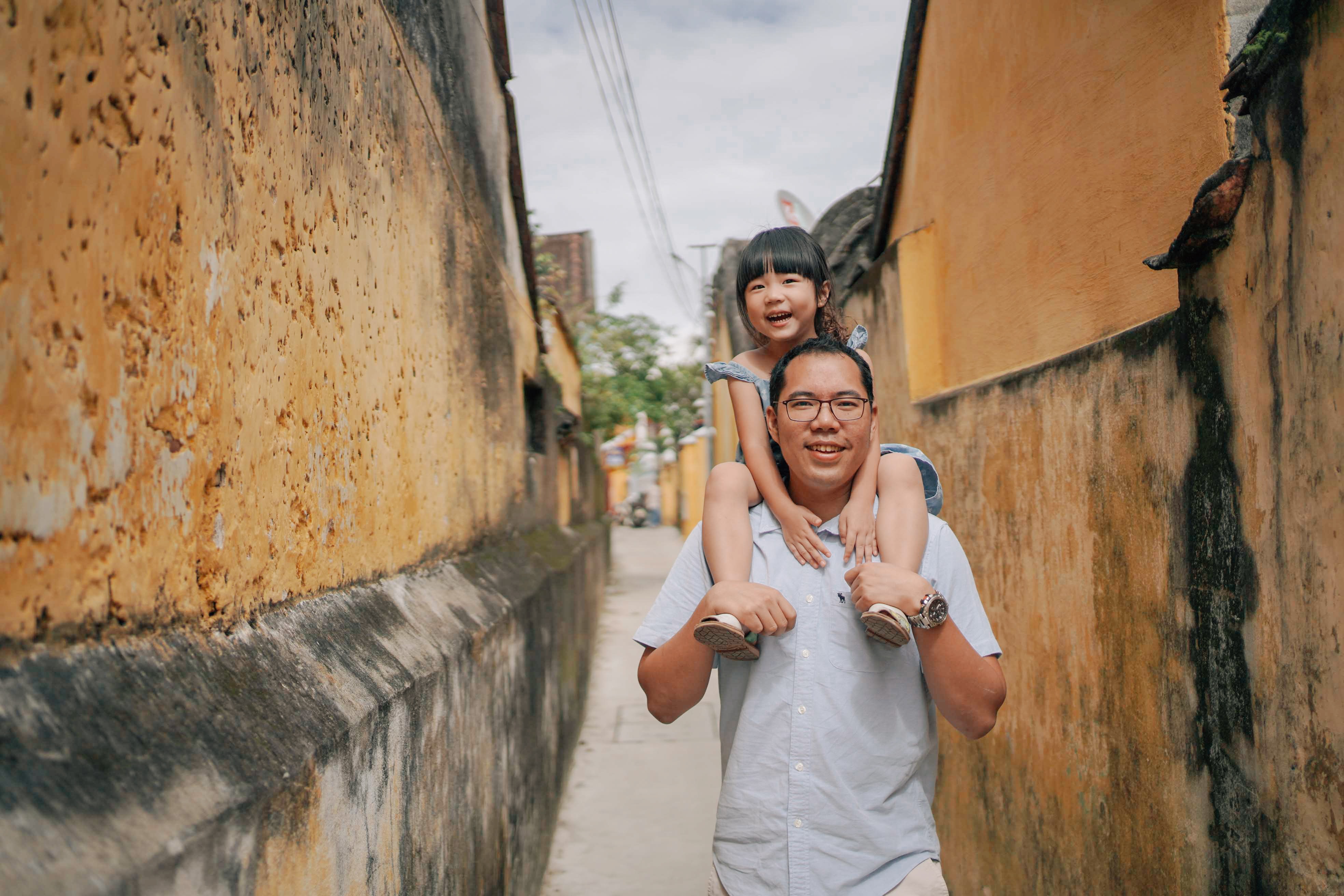
by Hoi An

by Javardh
The Huxoth and Death
The only people the Huxoth are typically not willing to commune with are those who are chosen by the god of death. The Huxoth believe that as an adult, each person chooses which god to give their life to, unless it is the god of death. The god of death selects the person they desire and uses them to carry out their will. Someone chosen by the god of death is usually identified by being able to prophecy death. Most Huxoth believe the curse of death could rub off on anyone that person touches, but they also fear the wrath of their god should they not care for the person. Therefore, these people are usually set in a building near the edge of the village, where they are delivered food and necessities, but otherwise treated as a pariah.
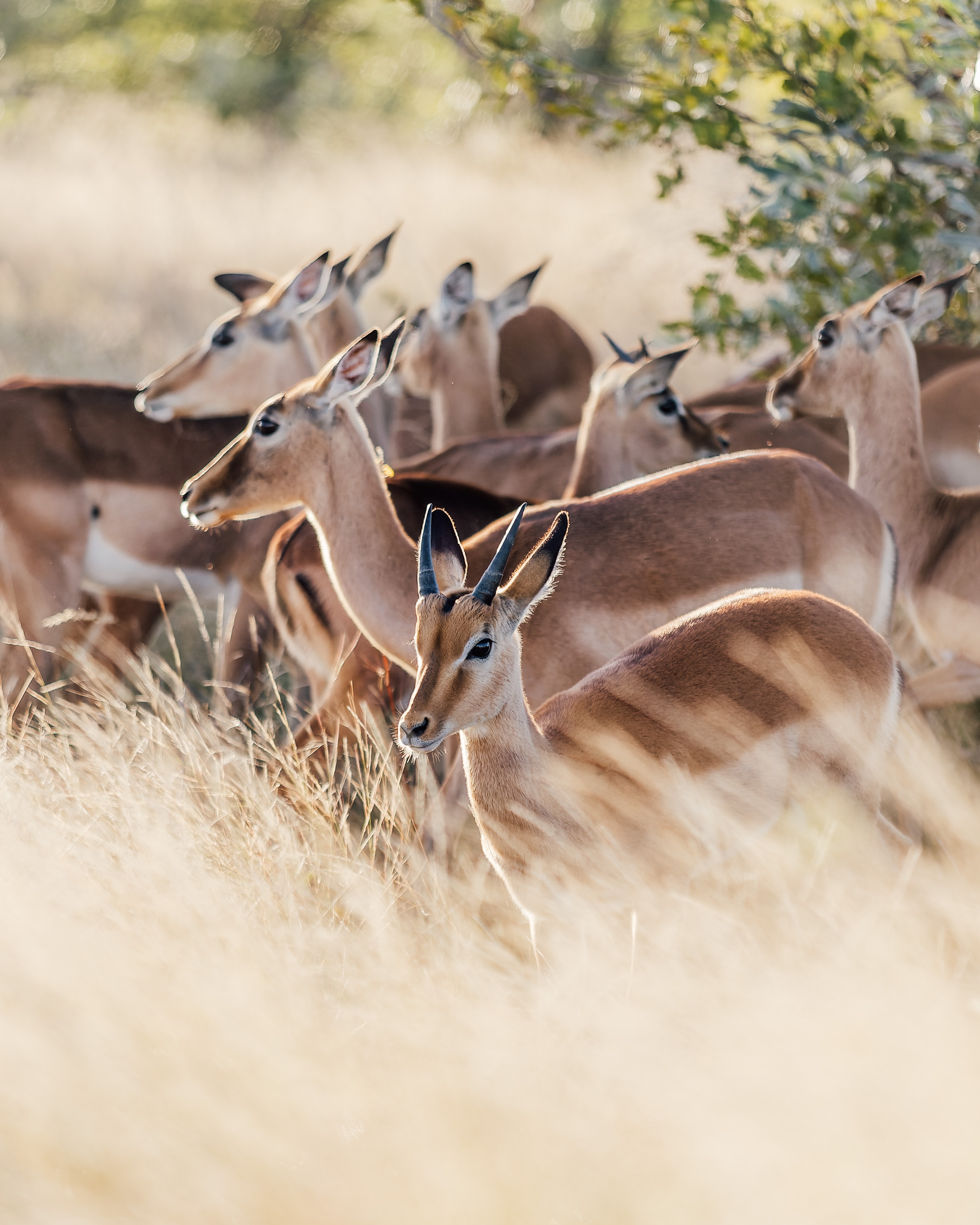 by Pierre Lemo
by Pierre Lemo

by Pierre Lemo
Related Organizations
Related Locations


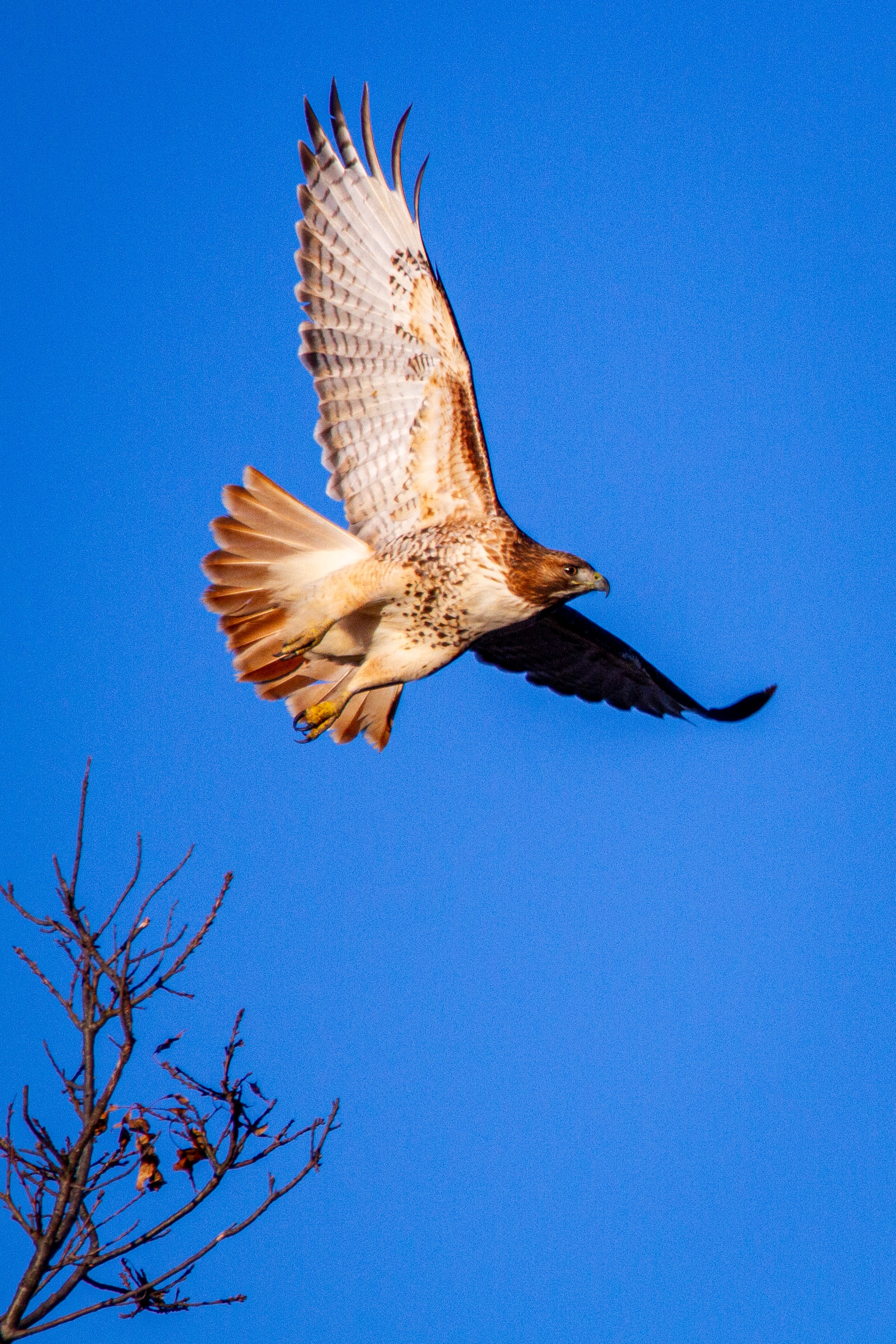
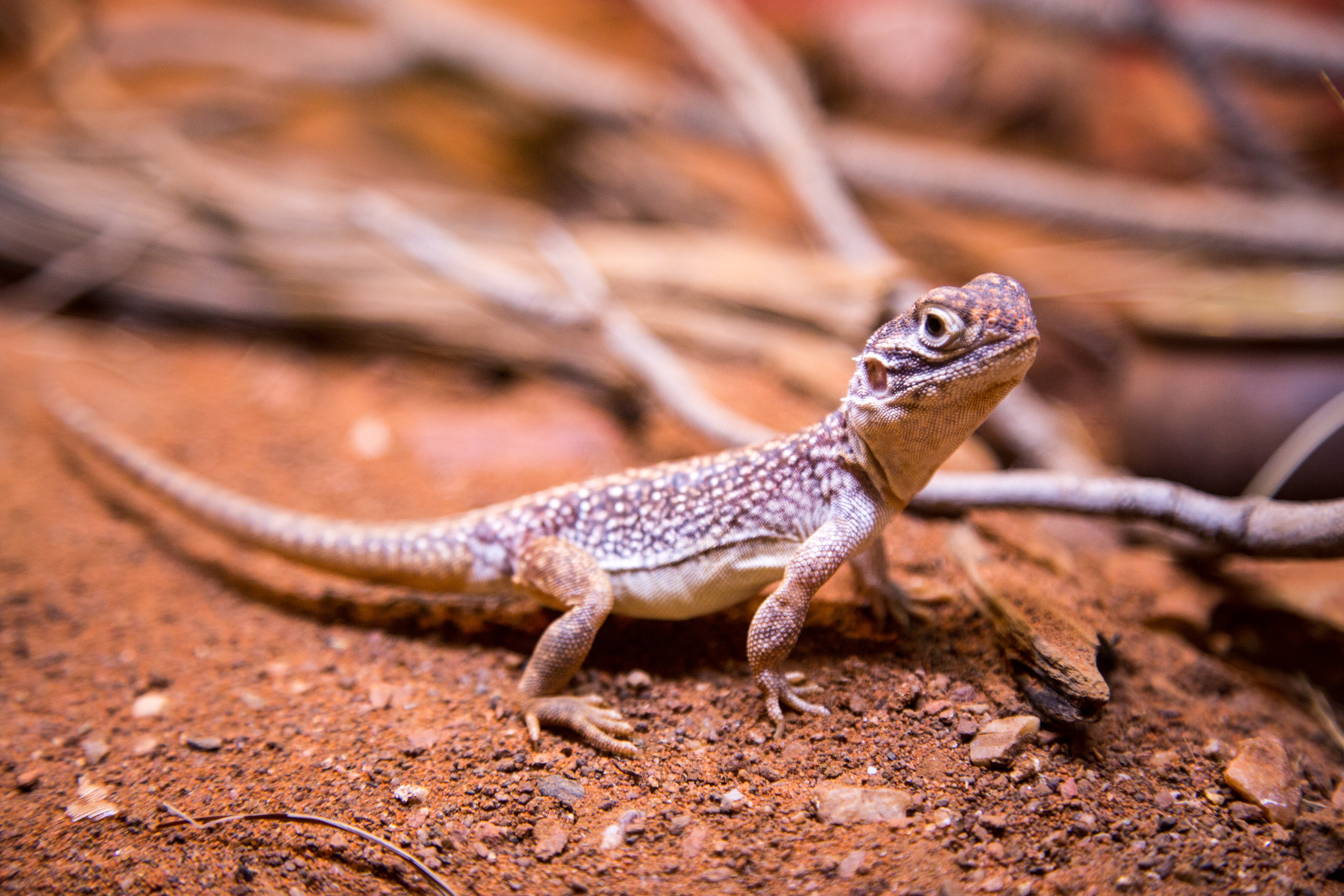
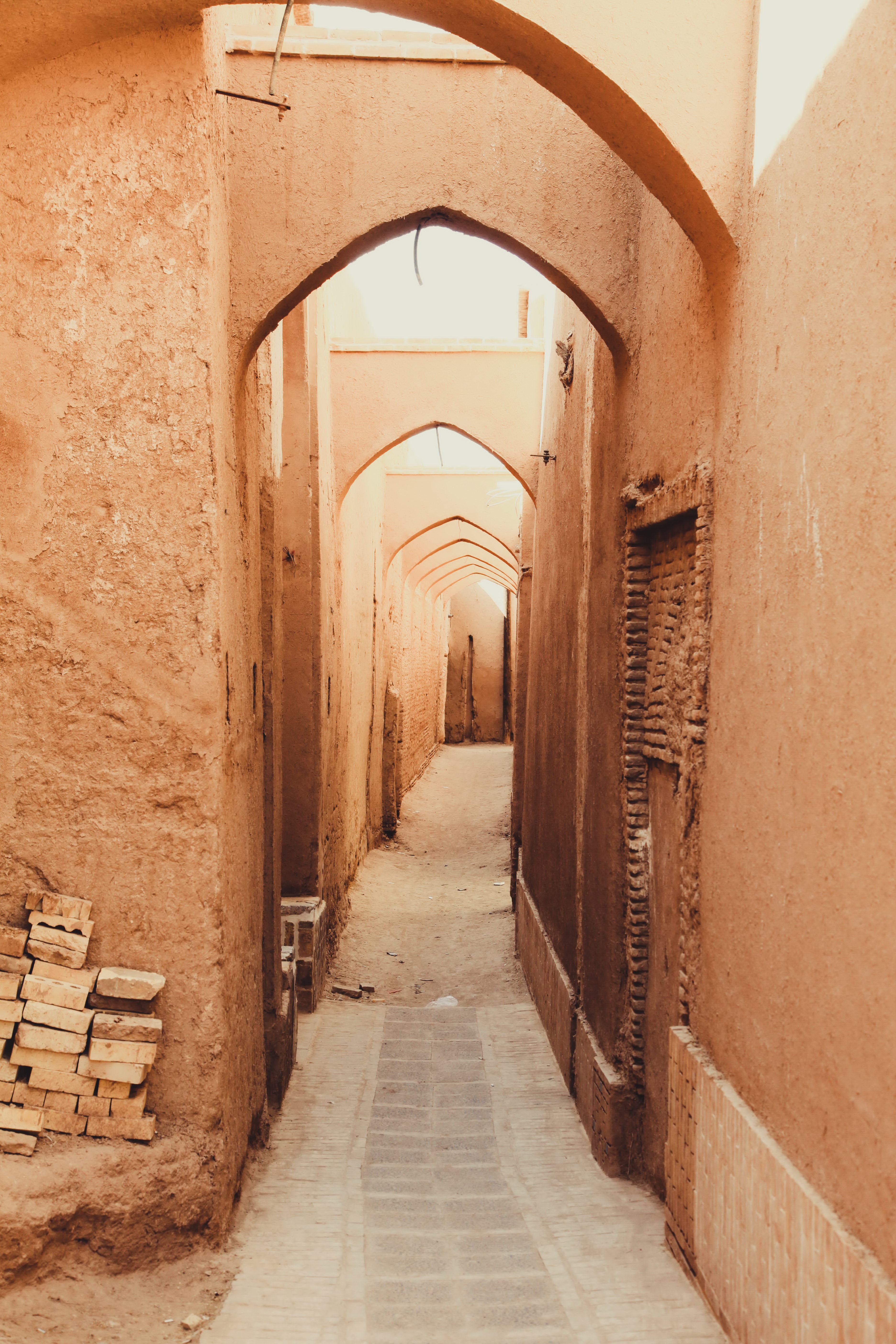



Comments